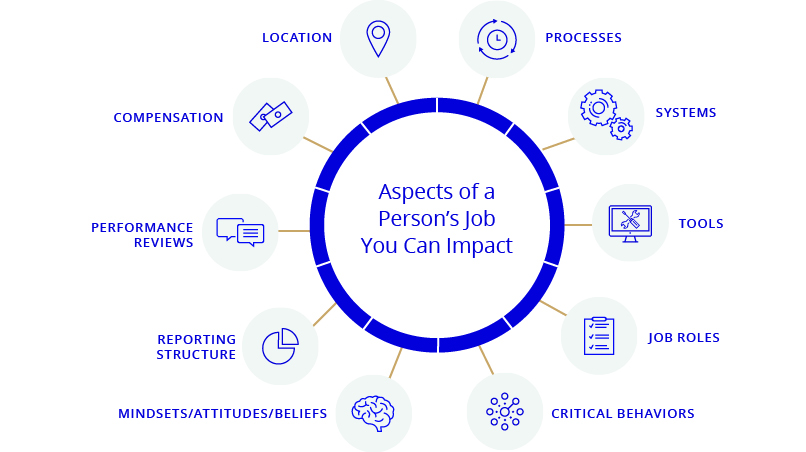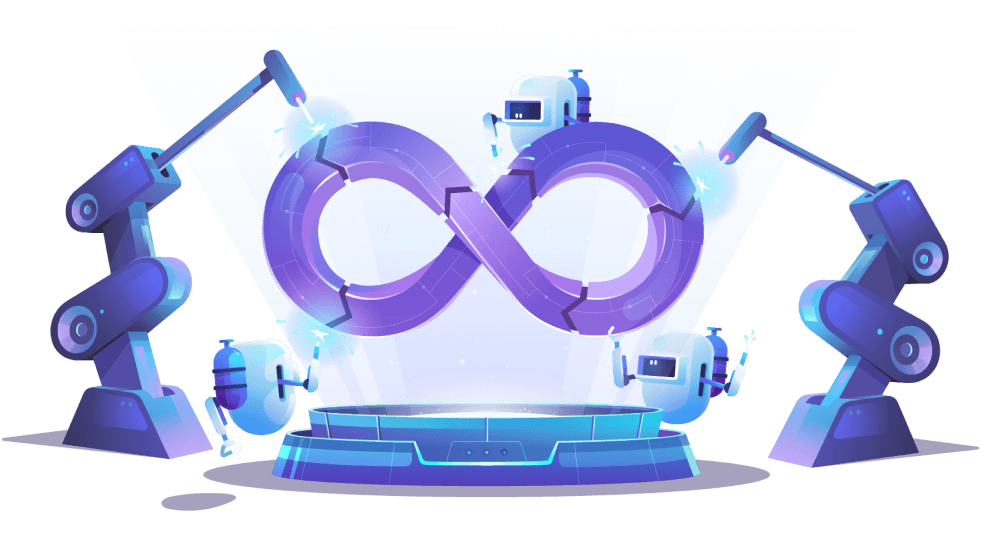
Product managers are responsible of creating brand visions and personas, as well designing products that will meet consumers' needs. They determine the product requirements that are needed to make a product succeed. The product manager is responsible for developing the product, which will be the most profitable. This job is highly desired and requires extensive training. It can include bachelor's or graduate degrees. Do you want to work in product management? Here are some ways to get started.
Job description
You have the responsibility of ensuring that your product is created, marketable, and sold to customers. The ultimate goal of a product manager is to make it profitable enough to sustain itself. A product manager's job description is often written by the human resources department, so look for certifications and degrees as an easy way to weed out resumes. Product management can be a rewarding career, regardless of whether you're starting your own company or working in an established firm.

Product managers are responsible for creating and developing new products as well as managing existing products. To ensure the product's success, they need to be able communicate with multiple stakeholders. Customers' feedback is also an important part of their job. Product managers should also be able sell products. Product managers have a different role than their counterparts. They are more strategic and less tactical. They will be able to work with other departments within the company to create and manage products.
Education requirements
Product managers are responsible for the development of new products, evaluating the effectiveness of marketing strategies, and determining the best use of resources. While this may seem like a simple job description, some companies require credentials. Product managers need to be knowledgeable about the market and creative. A great product manager will be able produce detailed competitive reports and understand the marketing strategies. They must also be able create a product roadmap and know how to allocate resources to new products.
Product managers should not only have the right skills but also a bachelor’s degree in a relevant field. Online courses and traditional college degrees can be used to obtain a product management education. You may also be interested in an MBA if you are seeking a managerial position within a business. An MBA is not required. However, it can help you move up in your career even if you don't have any experience in the same field. A MBA can also help you to master product management's business-intensive and analytical elements.
Career outlook
One of the most highly-coveted positions in product management is that of chief product officer. This executive manages a product management team and is responsible in determining the product strategy. He or she is responsible for directing the work of the team and must also communicate with the board of directors. Product managers can come from different backgrounds such as engineering, marketing and product management.

Product managers are involved in all aspects business development. This includes market research, product testing, and product development. In addition, you'll be responsible for developing long-term roadmaps for a business and ensure customer satisfaction. The US Bureau of Labor Statistics projects that the demand for product management professionals will increase by 10 percent between 2020 and 2030. The product management profession falls under the marketing and advertising management category, meaning that it is expected to continue growing over the next decade.
FAQ
How can a manager motivate employees?
Motivation can be defined as the desire to achieve success.
You can get motivated by doing something enjoyable.
Or you can get motivated by seeing yourself making a contribution to the success of the organization.
For example, if you want to become a doctor, you'll probably find it more motivating to see patients than to study medicine books all day.
Another type of motivation comes from within.
Perhaps you have a strong sense to give back, for example.
Perhaps you enjoy working hard.
Ask yourself why you feel so motivated.
Next, think of ways you can improve your motivation.
What are the most important management skills?
Management skills are essential for any business owner, whether they're running a small local store or an international corporation. These include the ability and willingness to manage people, finances as well resources, time and space.
You will need management skills to set goals and objectives, plan strategies, motivate employees, resolve problems, create policies and procedures, and manage change.
As you can see there is no end to the number of managerial tasks.
What are management concepts, you ask?
Management concepts are the practices and principles managers use to manage people or resources. These topics include job descriptions, performance evaluations and training programs. They also cover human resource policies, job description, job descriptions, job descriptions, employee motivation, compensation systems, organizational structures, and many other topics.
Statistics
- As of 2020, personal bankers or tellers make an average of $32,620 per year, according to the BLS. (wgu.edu)
- Our program is 100% engineered for your success. (online.uc.edu)
- Your choice in Step 5 may very likely be the same or similar to the alternative you placed at the top of your list at the end of Step 4. (umassd.edu)
- This field is expected to grow about 7% by 2028, a bit faster than the national average for job growth. (wgu.edu)
- The BLS says that financial services jobs like banking are expected to grow 4% by 2030, about as fast as the national average. (wgu.edu)
External Links
How To
How do you implement Quality Management Plans (QMPs)?
QMP, which was introduced by ISO 9001:2008, is a systematic approach to improving products, services, and processes through continuous improvement. It is about how to continually measure, analyze, control, improve, and maintain customer satisfaction.
QMP stands for Quality Management Process. It is used to guarantee good business performance. QMP helps improve production, service delivery and customer relationships. A QMP should include all three aspects - Processes, Products, and Services. If the QMP focuses on one aspect, it is called "Process." QMP. The QMP that focuses on a Product/Service is called a "Product." QMP. And when the QMP concentrates on Customer Relationships, it is called "Customer" QMP.
Two main elements are required for the implementation of a QMP. They are Scope and Strategy. These elements can be defined as follows.
Scope: This is the scope of the QMP and its duration. For example, if your organization wants to implement a QMP for six months, this scope will define the activities performed during the first six months.
Strategy: This describes the steps taken towards achieving the goals set forth in the scope.
A typical QMP consists of 5 phases: Planning, Design, Development, Implementation, and Maintenance. Below is a description of each phase:
Planning: This stage is where the QMP objectives are identified and prioritized. All stakeholders involved in the project are consulted to understand their requirements and expectations. After identifying the objectives, priorities, and stakeholder involvement, the next step is to develop the strategy for achieving these objectives.
Design: This stage involves the creation of the vision, mission, strategies and tactics necessary to implement the QMP successfully. These strategies are then put into practice by creating detailed plans.
Development: This is where the development team works to build the capabilities and resources necessary for the successful implementation of the QMP.
Implementation: This involves the actual implementation of the QMP using the planned strategies.
Maintenance: This is an ongoing process to maintain the QMP over time.
In addition, several additional items must be included in the QMP:
Stakeholder Engagement: It is crucial for the QMP to be a success. They need to be actively involved in the planning, design, development, implementation, and maintenance stages of the QMP.
Project Initiation. It is important to understand the problem and the solution in order to initiate any project. Also, the initiator should understand why they are doing it and what they expect.
Time Frame: It is important to consider the QMP's time frame. If you plan to implement the QMP for a short period, you can start with a simple version. If you're looking to implement the QMP over a longer period of time, you may need more detailed versions.
Cost Estimation - Cost estimation is an important part of the QMP. Without knowing how much you will spend, planning is impossible. Therefore, cost estimation is essential before starting the QMP.
QMPs are not only a document, but also a living document. This is the most important aspect of QMPs. It changes as the company grows. It should therefore be reviewed frequently to ensure that the organization's needs are met.